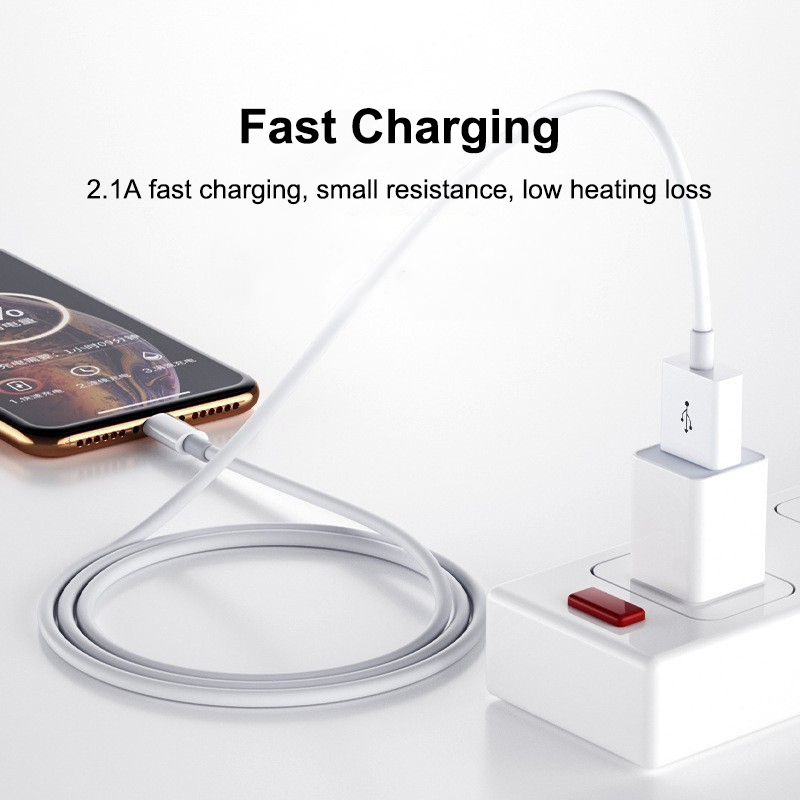Time:2024-05-07 Views:928
In the wave of technology, traditional USB data cables are undergoing unprecedented changes. In the past, they had a single function and were mainly limited to inefficient charging, which could almost only provide energy for mobile phones. However, with the rapid advancement of technology, modern USB data cables have taken on a completely new look, not only possessing powerful data transmission capabilities, but also retaining efficient charging functions.

Taking USB 3.0 as an example, its data transmission speed is as high as 5Gbps. This leap has greatly broadened the application scenarios of data lines. Today, almost all electronic devices - whether electronic cameras, smartphones, power banks or printers - can use this "magic line" for fast and stable data transmission and energy replenishment.
In the USB data cable family, although USB 2.0 and 3.0 have the same origin, they have different performance. USB 3.0 not only surpasses its predecessors in transmission speed, but its unique process and design also reduce transmission power consumption by about 25%, which means higher charging efficiency. In addition, USB 3.0 also has backward compatibility, supporting USB 2.0 devices, but not vice versa.
Looking to the future, we have reason to believe that USB data cables will continue to evolve, and more advanced USB 4.0, 5.0 or even higher versions may appear, which will have better data transmission functions and charging efficiency. However, at the same time, wireless transmission and wireless charging technology are also in the ascendant. Can they eventually replace traditional data cables and become the mainstream method of charging in the future? This is still a question worth pondering. But in any case, technological advancement will bring us a more convenient and efficient life experience.